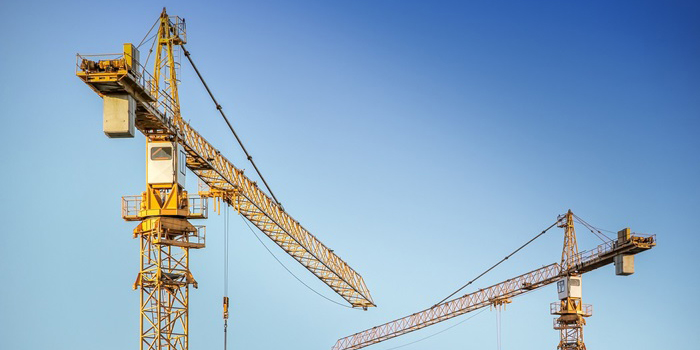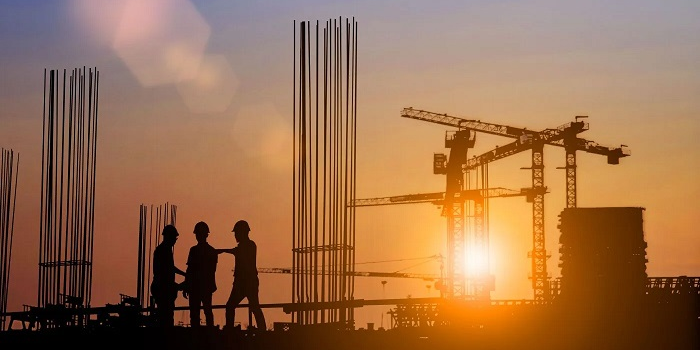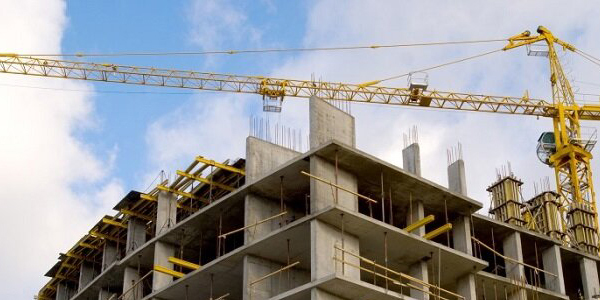
Global industrial construction sector remains robust
- Source: MEED
The global outlook for industrial construction projects remains robust despite economic challenges and supply chain disruptions.
According to a report from GlobalData, investment in new manufacturing plants continues to be strong, with a particular focus on climate change-related technology such as electric vehicle manufacturing and high-tech products.
GlobalData is tracking industrial construction projects with a total value of $4.6tn. These projects are at all stages from announced to execution. This pipeline mostly comprises industrial buildings, manufacturing plants, mines and mineral processing, and other related facilities. The project pipeline value is highest in North America, followed by North-East Asia, Western Europe, and Eastern Europe.
High commodity prices have also spurred investment in primary industry construction. However, sourcing semiconductors has been hindered by supply chain difficulties, with capacity still far below demand.
Globally, the US tariffs on the Chinese semiconductor industry have further strained supply chains and the trend of re-shoring and near-shoring is expected to continue, driving manufacturing activity back into the US and likely slowing US investment in North and South East Asia.
In the US, spending in the manufacturing sector has surged since the CHIPS Act was signed into law in August 2022. Similarly, in Europe, the EU parliament passed the Chips Act in early 2023 to enhance the competitiveness of the European semiconductor industry. The outlook has improved in North-East Asia as the Chinese government eased Covid-19 restrictions, reigniting activity and investment. The Indian government’s Production Linked Incentive Scheme (PLI) and India Semiconductor Mission (ISM) are expected to boost the competitiveness of the Asian industrial sector.
The war in Ukraine has led to widespread delays and cancellations of industrial projects. Several manufacturing companies have halted their production or exited the country since March 2022 due to difficulties in sourcing raw materials and machinery. This has particularly affected the Russian automobile industry, as sanctions have complicated the imports of key car components like microprocessors or chips.
Middle Eastern countries are making significant strides in diversifying their economies away from oil and gas, with a focus on industrial development. According to GlobalData, industrial construction projects in the Middle East and North Africa (Mena) region have a total value of $427.1bn, with Saudi Arabia having the highest value industrial project pipeline, amounting to $125.4bn. The largest project in the pipeline is the $55bn Green Hydrogen: Phase A project in Oman, which aims to develop around 200 KTPA of green hydrogen from 4.5 GW of installed renewable energy capacity.
Disclaimer:
The images and content are sourced from the internet. If there is any infringement, please contact us for removal.


